
Conductor Sir Antonio Pappano’s classical music journey brings him to Hong Kong – at last
English-Italian will lead Orchestra dell’Accademia Nazionale di Santa Cecilia – Roma in November concerts with pianists Daniil Trifonov and Seong-Jin Cho
Sir Antonio Pappano is a musical force to be reckoned with.
Known primarily for being the music director of London’s esteemed Royal Opera House, he also holds the same position with Italy’s Orchestra dell’Accademia Nazionale di Santa Cecilia – Roma.
While the Italian orchestra has almost 100 years of history, the academy to which it belong is one of the oldest institutions of music in the world, having been founded in 1585 by Pope Sixtus V.
Since taking the reins in 2005, Pappano has helped to breathe new life into the orchestra by bringing a big-hearted, bold sound to its playing.
Audiences have the chance to watch Sir Pappano lead the orchestra in two concerts at the Hong Kong Cultural Centre.
At the first, on November 22, it will perform Glinka’s Overture to Ruslan and Lyudmila, Tchaikovsky’s Symphony No 4 in F minor, Op 36, and Rachmaninov’s Piano Concerto No 3 in D minor, Op 30, featuring Russian pianist Daniil Trifonov.
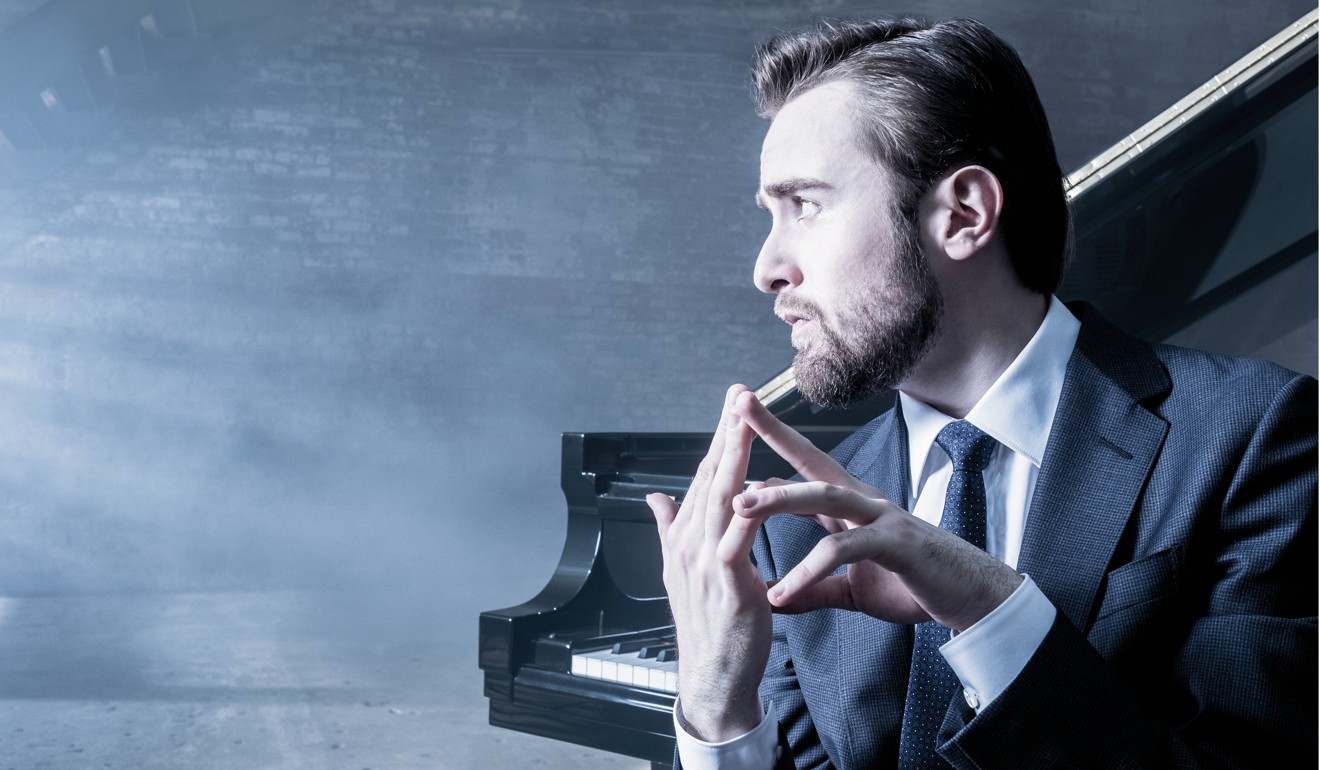
On November 23 it will perform three works by Beethoven – Symphony No. 2 in D, Op. 36, Piano Concerto No 3 in C minor, Op 37, featuring Seong-Jin Cho, and Symphony No 5 in C minor, Op 67.
Ahead of these performances, we talk to Pappano about bringing a uniquely Italian style of playing to the orchestra, and his own background in music.
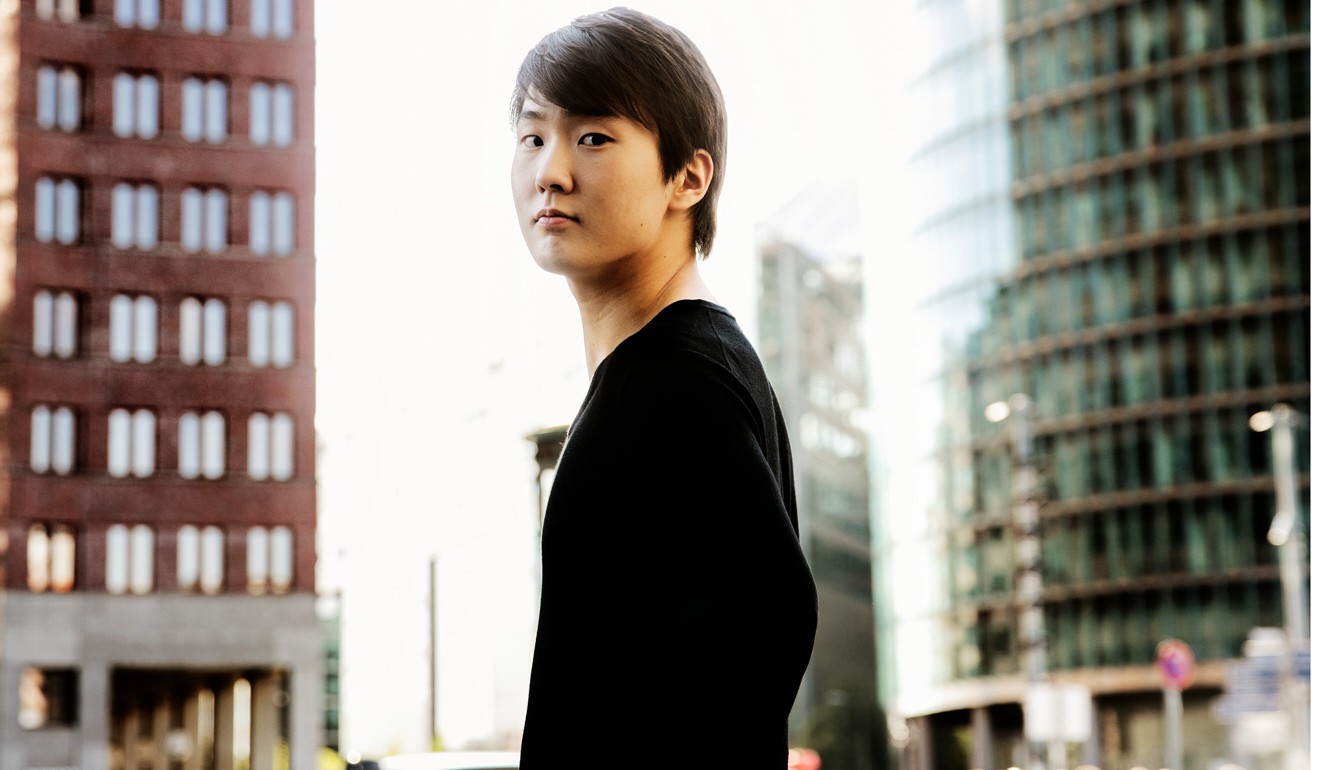
The orchestra has gone from strength to strength since you took over. What is your long-term vision for the orchestra?
An important focus is to keep this desire to achieve, improve and develop together.
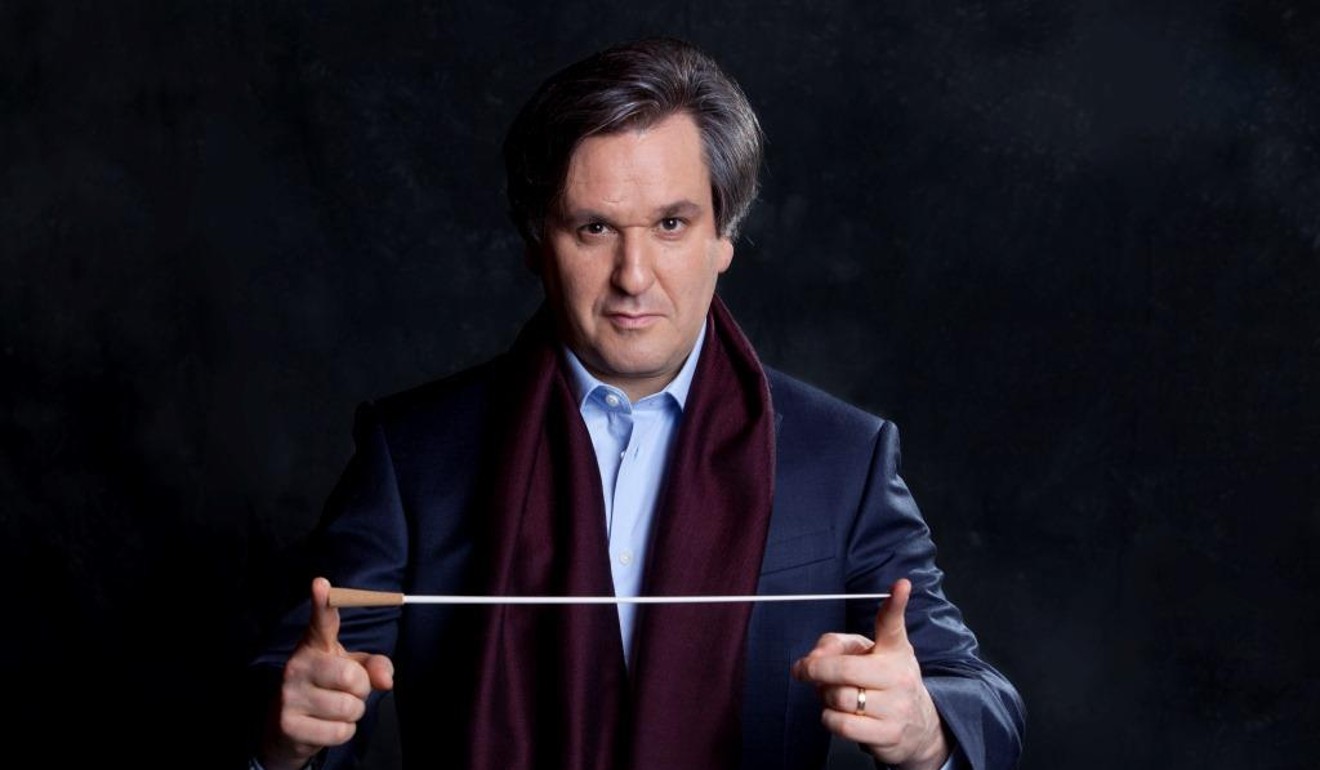
Although Italy is the cradle of arts ... or should be ... government policies don’t reflect this. [The orchestra] have some support, but not a lot ... we are down to the wire at the end of every season
This can be difficult in Italy, though, because of challenges we are faced with financially.
Although Italy is the cradle of arts … or should be … government policies don’t reflect this.
We have some support, but not a lot. And that makes it tough as our existence is put into question and we are down to the wire at the end of every season.
We are often in a position in which we have to raise money, and this is not easy in Rome as it’s not an industrial town, for example like Milan is.
But what has been fantastic for the orchestra, and what we would like to continue with, is the combination of making records, live and in the studio, and touring extensively.
I tour with Santa Cecilia quite a bit – in Asia this November, obviously – but we do a lot of European tours, and this is extremely important for the orchestra as we get to play a restricted amount of repertoire repeatedly, more than we would in Rome.
This helps cement certain ideas and gives a more profound knowledge of the music we’re playing. That, and the camaraderie, the feeling that we are a team.
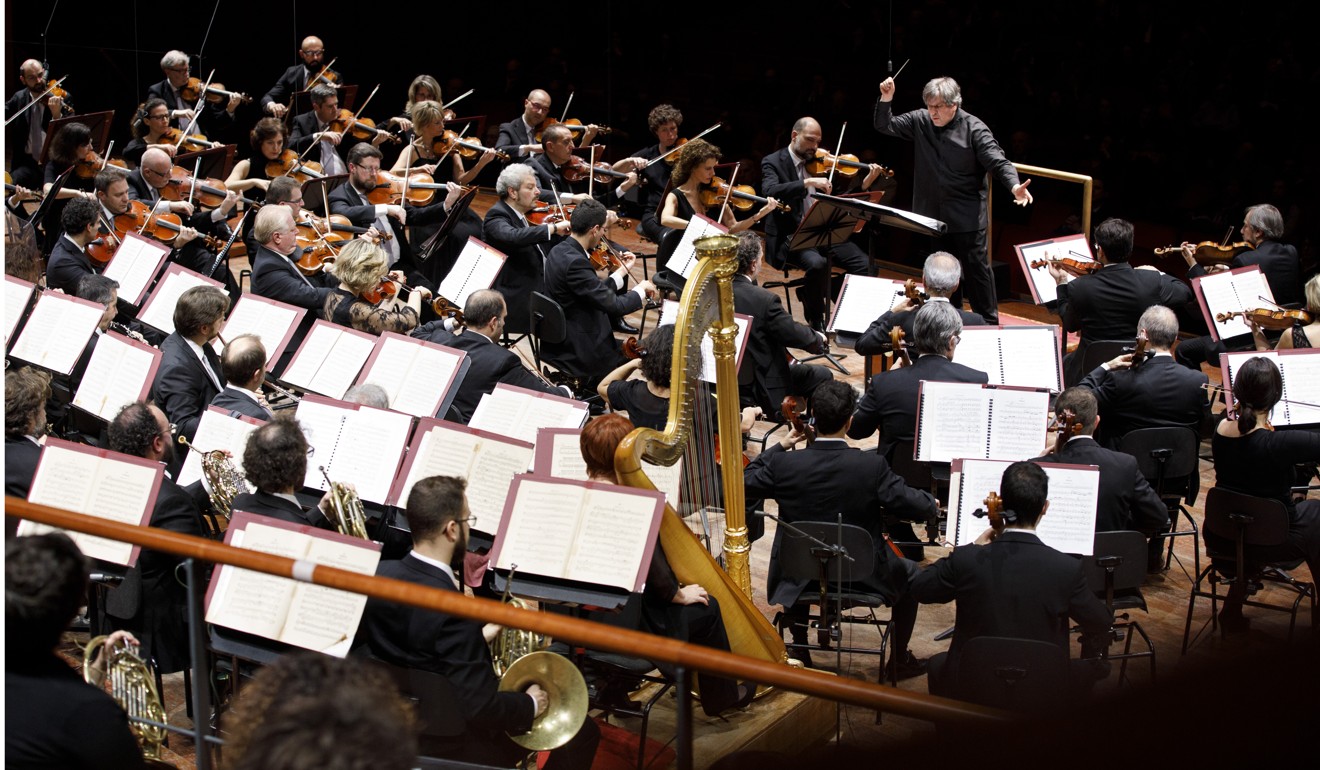
This is not the most Italian of qualities. They have it in football, but in other things it’s elusive in the Italian character. But I sense the opposite with my orchestra and that’s almost the secret of its success: the willingness to be part of a team going forward.
You often refer to a sense of ‘Italianness’; you were born in London but have Italian roots – where do you call home?
My wife and I are flexible: we feel at home in London but I adapt immediately to Rome, and the US. My parents and brother and I moved to America in 1973 and my mother and brother still live there. So that’s home, too.
Music has always been a part of me, along with the connection with singing and singers
This flexibility to adapt to circumstances has only helped me in my work. I love languages and cultures, and this gives me a helping hand when I’m doing many kinds of repertoire.
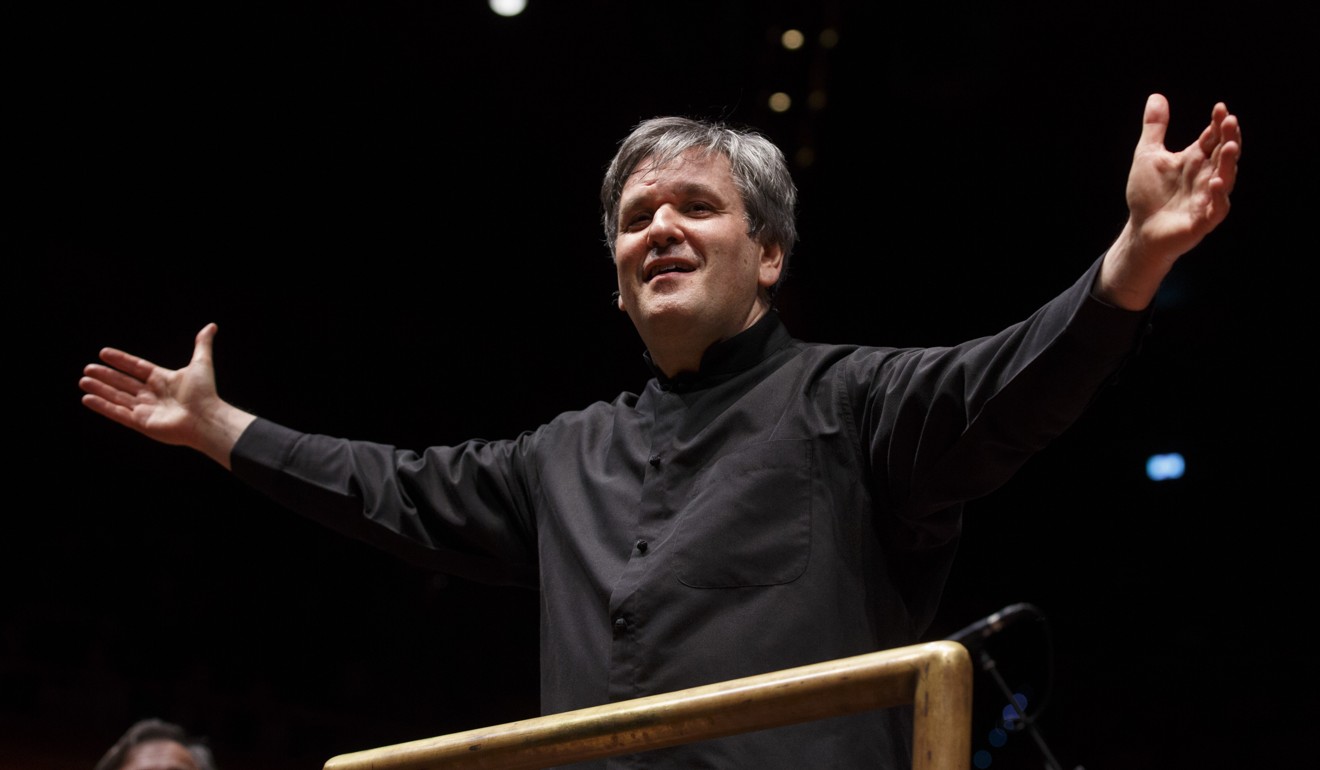
I’m not restricted to a given nature of the repertoire. I’m conducting Wagner’s The Ring in London, I recently did West Side Story with Santa Cecilia, and I’m doing Verdi’s Requiem in London, too, which is an extreme range – that’s the life I love to lead in terms of my musical curiosity.
Your father was a singing teacher – do you feel that music has always been a part of who you are?
Music has always been a part of me, along with the connection with singing and singers that then became such a part of my life.
Of course, if you’re an opera conductor you’re always going to be working with opera singers.
I think the time I spent with my father – because I would play for his students as part of our family business for 12 years – taught me about the voice and how to interact with singers, and the singer personality.
Singers lead a very challenging life as the vocal cords are so delicate; they’re always facing the insidious viruses and bacteria of modern life. They live in fear of getting sick
I learned what makes them tick and how I fit in with them as a collaborator.
Singing is incredibly physical; you have to have a sense of the breathing apparatus and how this is used to make music.
Singers are also singing words, not just “la la la”, so their sense of the direction of the music is governed by the words. As collaborator, you have to be in love with the words, too.
Singers lead a very challenging life as the vocal cords are so delicate; they’re always facing the insidious viruses and bacteria of modern life. They live in fear of getting sick, and this goes into making up part of who they are.
Yet singers also are the most direct of all performers in their expression to the audience. There’s no other instrument – the instrument is the person – and that’s a wonderful thing.
Their generosity, and their ability as singing actors – we have so many good ones today – it’s fantastic. I have great admiration for them.
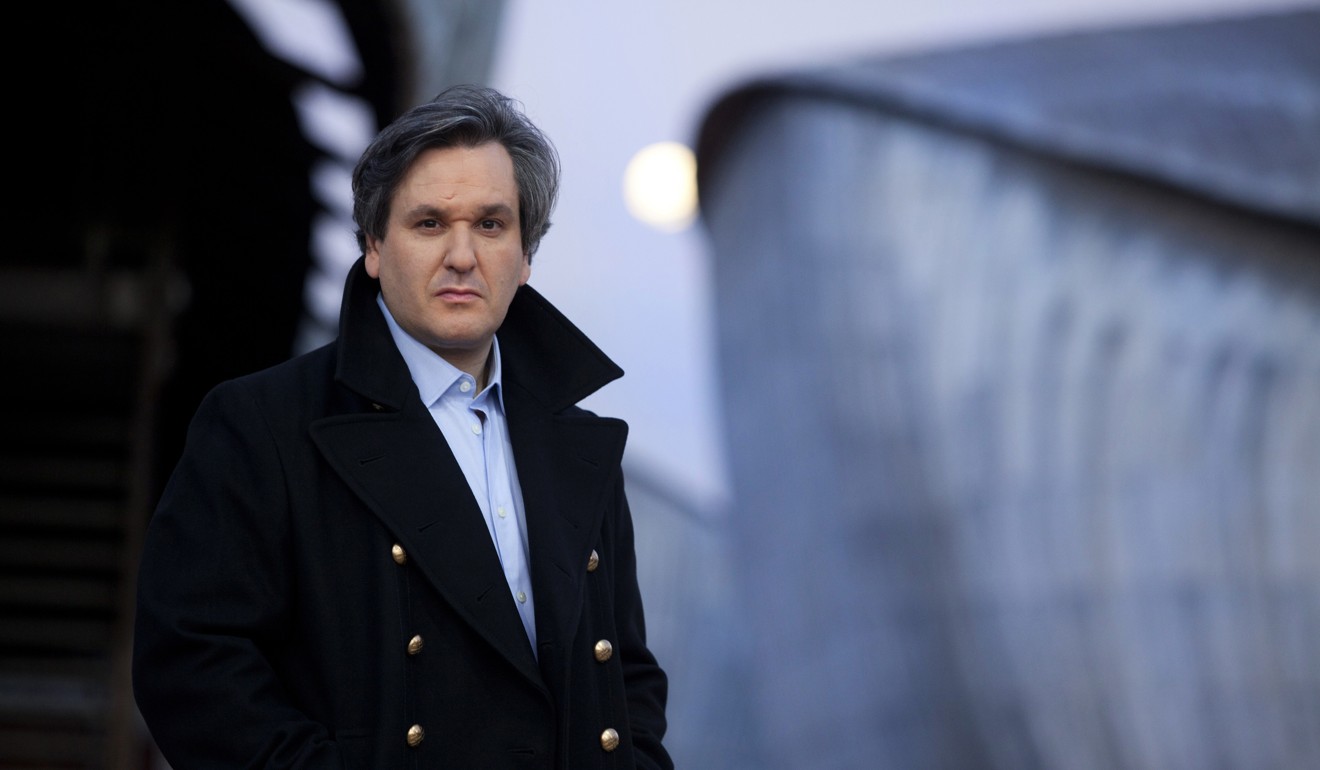
You trained in piano; do you still play the piano yourself?
I play from time to time with singers, or chamber music; I don’t play solo recitals.
Any musician will tell you that if you have a relationship with an instrument, it will stay with you forever.
With a pianist, that’s even more important – and with a pianist who becomes a conductor even more so.
A piano is self-sufficient: it’s an orchestra in itself. I tell people what to do and how to play all day, so I think it’s not bad that you have to produce the sound yourself and remember how difficult it is.
You have spoken before about balance – about including opera and orchestral performance – is this still important to you?
Oh yes, it’s very important for me personally, and I’ve finally, after many years, found what I would consider a good balance for me between opera and symphonic work.
For the orchestra, I’ve tried to give them experiences which help explain to them where they come from.
Too many orchestras sound similar. One of the things that can distinguish us is our Italianness, our sense of theatre, our sense of song when we play, a passion and generous delivery
The patrimony of any Italian musician is opera, it’s the voice. Of course, there’s Vivaldi and a whole host of baroque composers, Monteverdi and others, but the DNA is theatrical and voice-driven.
So, over my tenure in Rome, we’ve done several opera recordings, vocal recital recordings, and just the fact that the orchestra has had greater contact with singers has meant they’ve become better at understanding singers and how to collaborate with them.
They have also become better at understanding me, as this is my world. This has been fantastic.
Working with singers also develops their sense of listening and their sense of flexibility. This is because of the words, because the music is not static.
When we speak we either slow down to make a point or speed up – and that is very much a part of being able to collaborate with a singer.
This has been very good for them, as well as giving them historical context about what it is to be an Italian musician.
It’s my first visit to Hong Kong ... I’m as excited about being in Hong Kong as I am about the concerts themselves
If you’re an Italian musician and you don’t play any opera or know anything about Verdi, well, then something’s wrong. Verdi, Puccini, all those composers are hugely important.
Too many orchestras sound similar. One of the things that can distinguish us is our Italianness, our sense of theatre, our sense of song when we play, a passion and generous delivery.
I try to stoke those fires in a meaningful way, to preserve the identity of the orchestra.
For your forthcoming Hong Kong performances, how did you go about choosing the pieces of music you’ll be playing?
On tour, the repertoire is primarily geared to having a full house. But this doesn’t take away from the fact that these are all masterpieces.
On November 22 it’s all Russian. For this performance, I’m very excited to be having my first collaboration with Daniil Trifonov, who is a marvellous pianist.
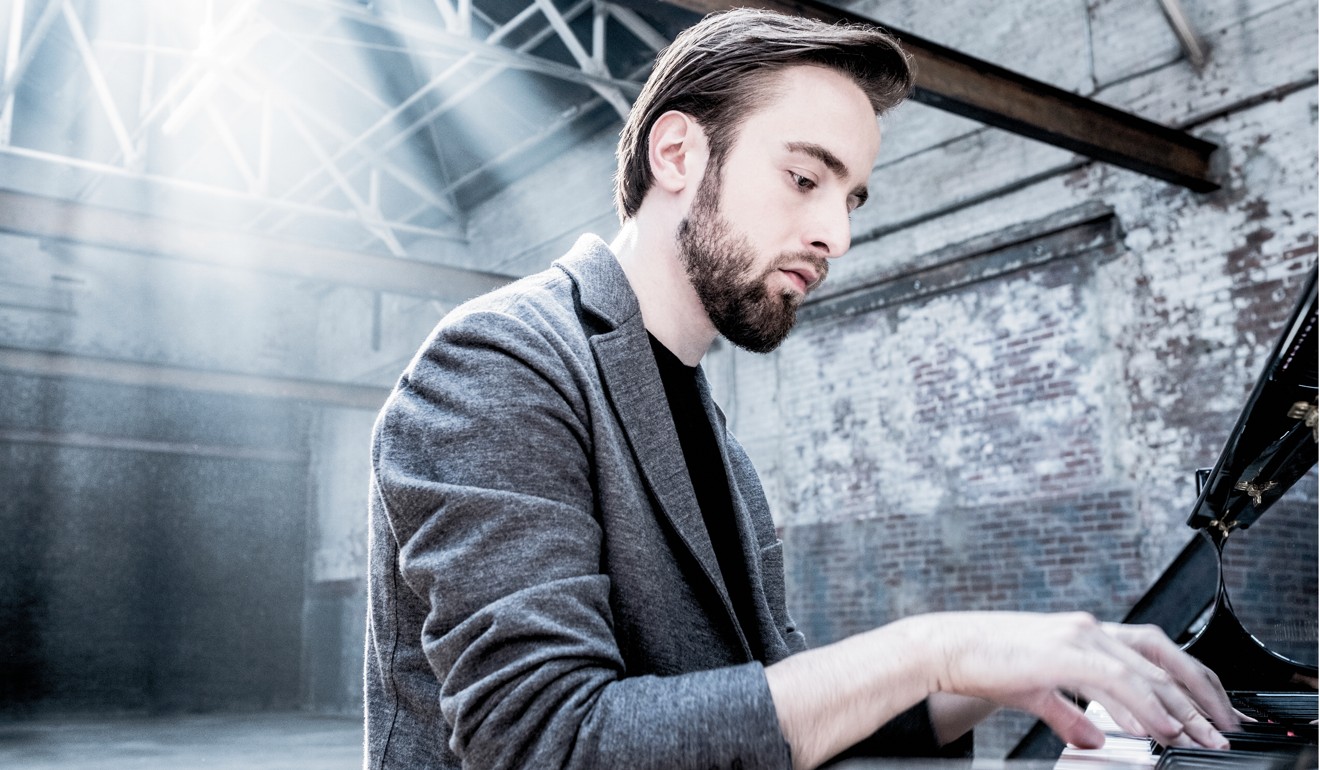
Rachmaninov’s Third Piano Concerto is a piece I recorded a while back with another pianist, but I haven’t performed it in a long time so I’m really looking to coming back to that music. I adore that piece.
Tchaikovsky’s Fourth is really an opera in itself. The fate motif and the disquiet of the piece are absolutely fantastic, but hope reigns supreme in the finale.
Dramaturgically it’s a very interesting journey – lovely.
And your second concert on November 23 is all Beethoven?
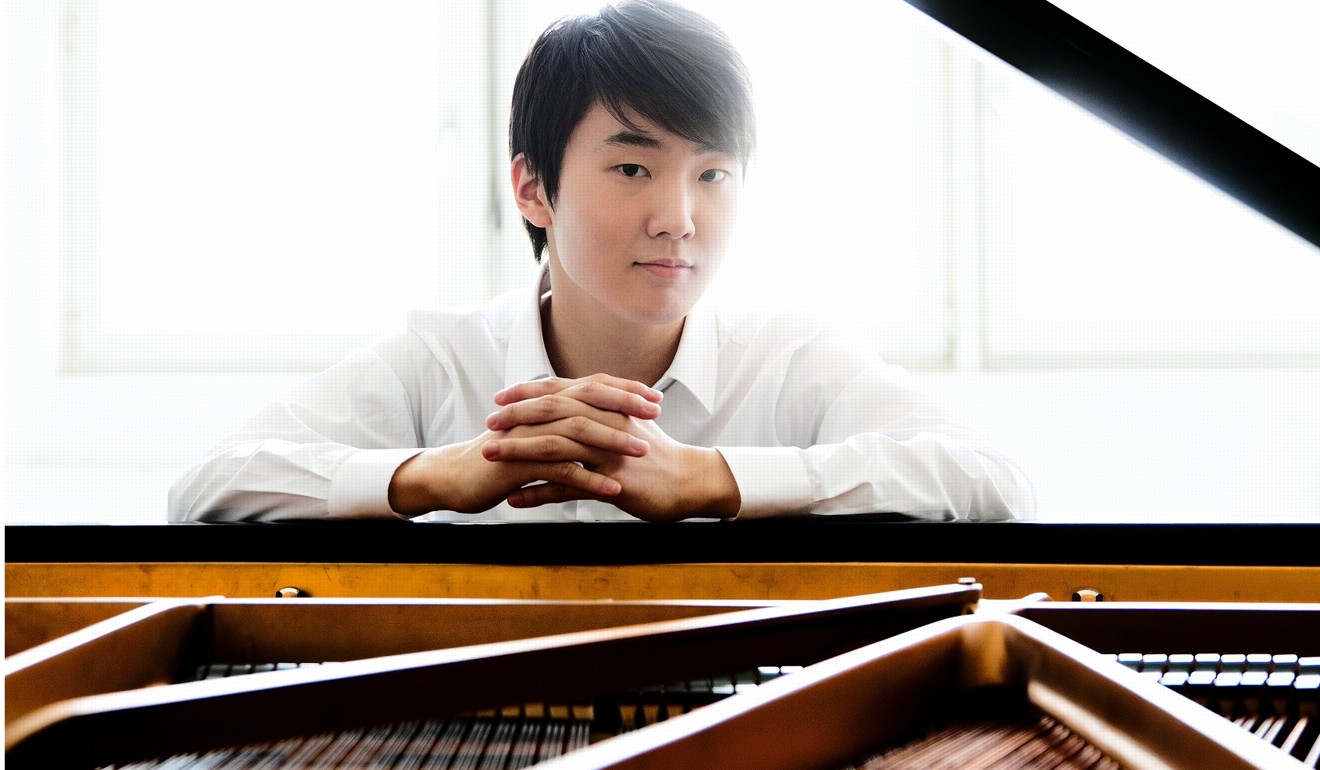
Yes. This will be our first collaboration with Seong-Jin Cho, and I’ve heard so many wonderful things about him so I’m very much looking forward to that.
Beethoven’s Second and Fifth Symphonies are very contrasting. The fizz of the Second is just irresistible and the virtuosity so impressive.
The Fifth is a monument. It’s very compact and quite short at 30 minutes or so, but there are very few pieces that are so full of iconic music.
It’s always a challenge for the orchestra with the stamina and technical and rhythmic qualities required, but also to bring life to a warhorse is not as easy as one would imagine.
Have you been to Hong Kong before?
It’s my first visit to Hong Kong. My wife has been before, but I’m fascinated to get to know the city.
We have friends there who will show us around, so I’m very excited about that.
I’m as excited about being in Hong Kong as I am about the concerts themselves.

